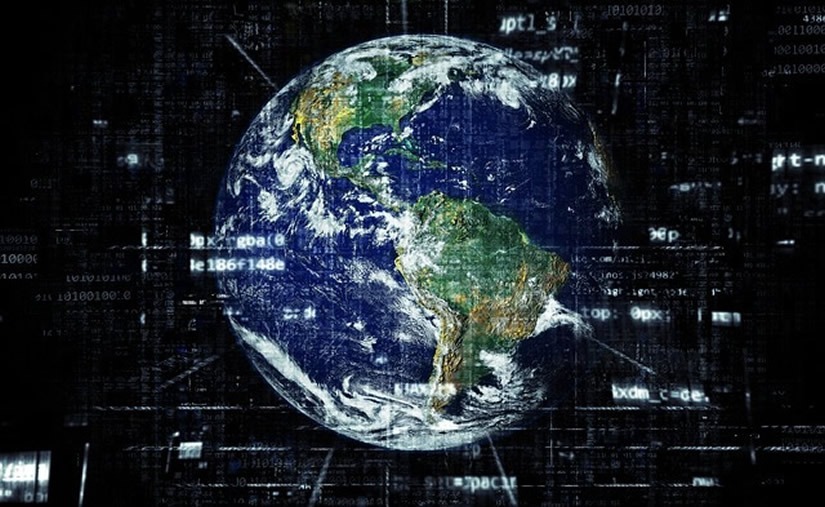By Orbex
European indices opened lower across the board today. And there was a strong move into safe haven assets. Geopolitics is likely to be the theme for the next couple of days, as Europe and the US calibrate their reaction to what’s going on in Ukraine. The situation remains fluid, and the latest announcements are unlikely to give enough information to be able to evaluate where things will go.
Markets hate uncertainty and are notoriously risk-averse.
So we can say that the market move isn’t due to what’s happening but in preparation for what could happen. Once (or if) the situation stabilizes, then the risk move is likely to fade. Even if the political or military situation remains relatively fluid, markets could stabilize once the financial implications are more clear.
What matters to the markets
For example, over the next couple of days, European countries and the US will announce sanctions on Russia. Traders don’t know the extent of those sanctions. So they are taking a more cautious position.
Once the sanctions are announced, the certainty that brings could restore market confidence. Then the market can recalibrate with that new reality. Particularly if the new sanctions won’t be in effect unless the situation changes dramatically.
Russia is a major producer of natural resources. In fact, there is a massive discussion around gas. Nonetheless, Russia also produces a substantial amount of coal, iron ore, and bauxite. Also, Russia is the second-largest producer of fertilizer. And that’s an important factor to consider in food prices at the moment. Sanctions could potentially impact all of these products, and that could make investors nervous.
Speculation drives the markets
One of the issues to keep in mind is the initial fear that Russia would invade the entirety of Ukraine. This could have triggered the most severe sanctions. However, the current measures so far placed Western leaders in a somewhat uncomfortable position in how to respond. That could actually be bad for markets, as the time to coordinate a response leads to uncertainty.
Apparently, there’s an expectation of some degree of sanctions, according to Russian officials’ speeches. The major issue is whether the sanctions will be limited to “actors” or be broader economic sanctions.
In prior incidents, including the 2014 annexation of Crimea, the response from NATO was to apply limited sanctions targeting individuals. This would have virtually no impact on the markets. Similarly, denying certification of Nord Stream 2 (which isn’t currently operating anyway) is likely to have minimal effect.
Where things could be concerning
Economic sanctions would have a far-reaching effect on the markets, particularly if applied to key strategic resources, such as gas, steel, and petrochemical derivatives.
But analysts caution that such a move would remove deterrence from a further escalation. The current situation technically constitutes an invasion of Ukrainian territory. Nevertheless, there is a separation between the breakaway forces (augmented with Russian forces) and the Ukrainian military. This means that they can avoid actual conflict if neither side advances beyond the “line of contact” (maintained since 2015).
Whether or not the issue is pushed beyond that “line of contact” is likely to be the crux of the issue over whether risk appetite slowly returns in the upcoming days and weeks, or whether the crisis deepens.
 Article by Orbex
Article by Orbex
Orbex is a fully licensed broker that was established in 2011. Founded with a mission to serve its traders responsibly and provides traders with access to the world’s largest and most liquid financial markets. www.orbex.com
